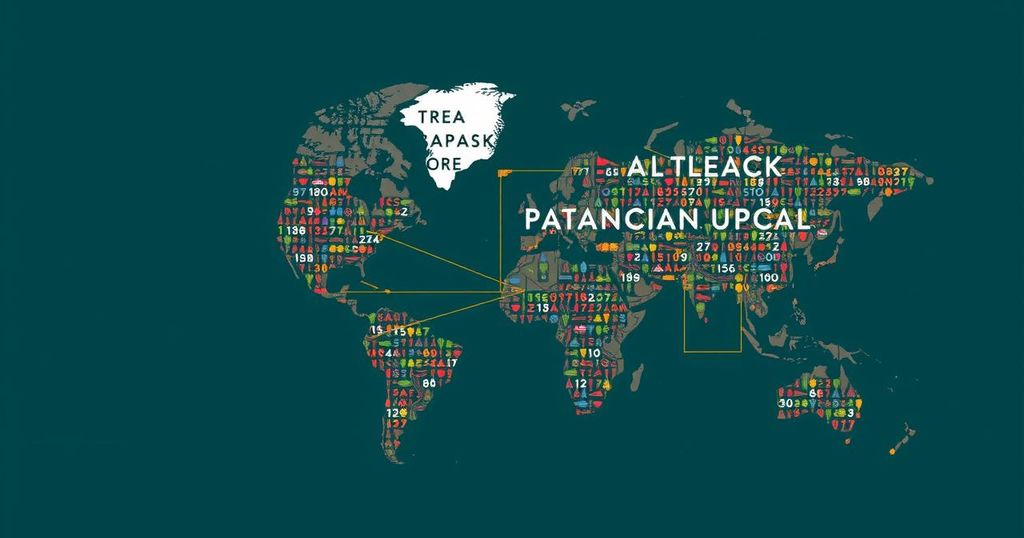The RJMEC has highlighted major impediments to the South Sudan peace agreement’s implementation, including trust deficit, insufficient political will, and lack of adequate funding. Amb. Maj. Gen. Charles Tai Gituai urged the RTGoNU to enhance resource mobilization and focus on crucial tasks such as constitution-making and electoral processes. He also stressed the importance of increasing women’s representation in government roles as essential to achieving lasting peace and security.
During a recent monthly meeting of the Reconstituted Joint Monitoring and Evaluation Commission (RJMEC) held in Juba, Amb. Maj. Gen. Charles Tai Gituai outlined several critical challenges facing the implementation of the South Sudan peace agreement. These challenges include a significant trust deficit among political parties, insufficient political will, inadequate and unpredictable funding, as well as capacity gaps within governance structures. Emphasizing the need for a strategic shift in approach, Amb. Gituai urged the Revitalized Transitional Government of National Unity (RTGoNU) to demonstrate its commitment through robust resource mobilization for the Agreement’s implementation. He indicated that tangible progress in fulfilling outstanding tasks such as constitutional reforms, electoral processes, and the unification of armed forces is essential to restore public trust and satisfaction with the peace process. Amb. Gituai further expressed that the successful implementation of these critical tasks within the set timeline is vital for holding elections as scheduled, warning against the cycle of perpetual transitions. He called for urgent action plans, budget allocations, and proactive collaboration among stakeholders to ensure the Agreement’s objectives are met. To this end, he highlighted the necessity of increased representation of women in government roles, underscoring their crucial contribution to peace and stability in South Sudan. He urged that any changes in appointments should not diminish the representation of women but rather enhance it to ensure lasting peace and security.
The landscape of South Sudan’s peace process has been fraught with challenges since the signing of the peace agreement aimed at ending years of conflict. Key issues such as political divisions, economic instability, and social unrest have contributed to a general erosion of trust among political factions. The RJMEC was established to monitor the implementation of the peace agreement and ensure that parties adhere to their commitments. The need for effective governance, adequate funding, and cohesive collaboration among various institutional frameworks is paramount for the peace process to advance significantly.
The RJMEC’s call for enhanced political will, reliable funding, and strategic collaboration emphasizes the urgent need for all parties involved in the South Sudan peace process to exhibit a renewed commitment towards fulfilling their obligations under the Agreement. The inclusion of women in leadership roles is equally crucial for forging a sustainable peace. Moving forward, the stakeholders must prioritize genuine efforts to navigate the existing challenges to ensure the successful implementation of the peace agenda.
Original Source: sudantribune.com






